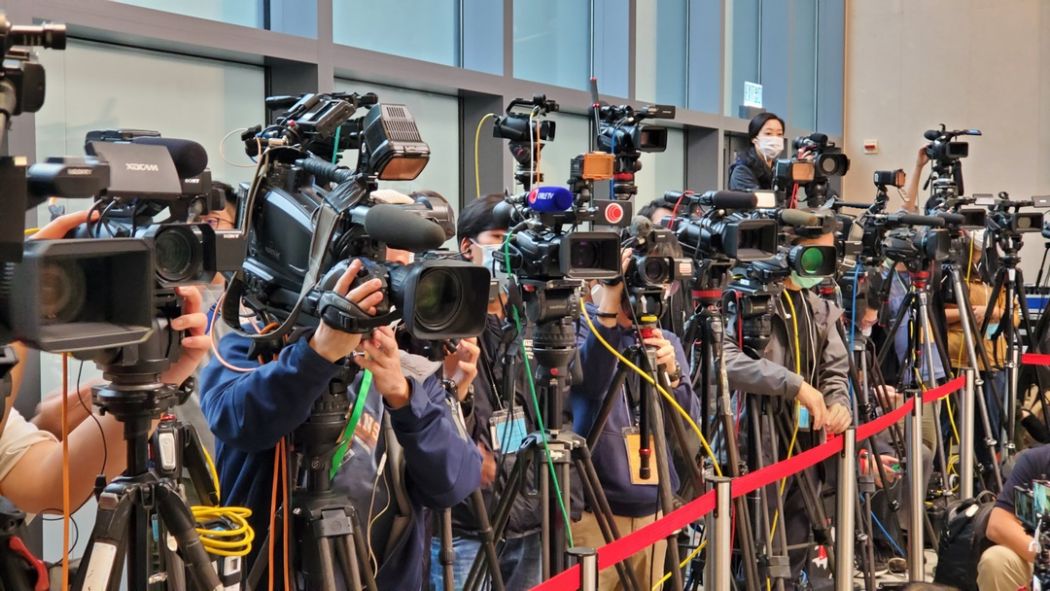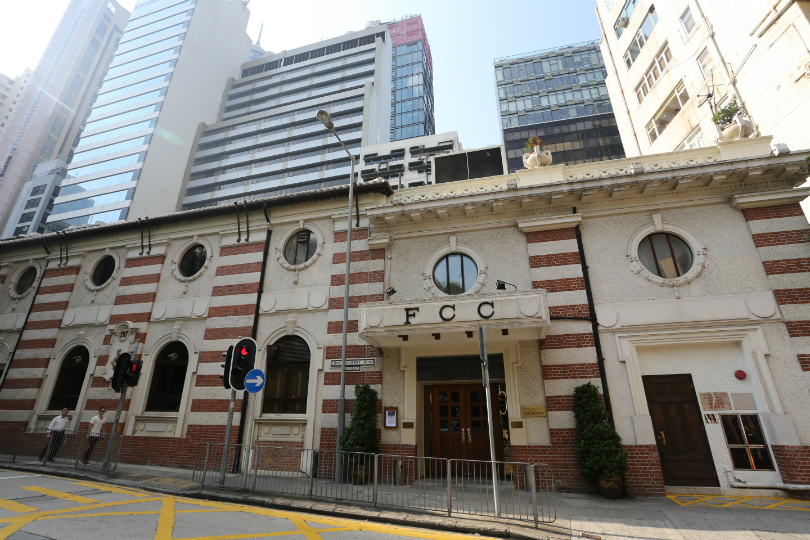In the continuing back and forth between China and the US over journalists’ visas, the US has just made the next move. In a new rule announced last Friday, the Department of Homeland Security said that Chinese journalists’ visas will be limited to 90 days. They had previously been open-ended single-entry visas. As in the case with previous moves by the US to limit Chinese media in the country, this move is sure to draw both ire and a swift response from Beijing. And this is most likely to involve further restrictions on visas for journalists from American news outlets working within China, and probably further expulsions of journalists.
This visa war began back in February when the US listed five Chinese news agencies as government entities and lowered the total number of Chinese nationals they could employ. At the same time, Beijing expelled three Wall Street Journal journalists over an op-ed that none of the three expelled reporters had had a hand in. In March, Beijing further retaliated by revoking the press credentials of reporters from The New York Times, The Wall Street Journal, and The Washington Post.

But this back and forth of press visas also has a new front: Hong Kong. In a series of letters, beginning in March, exchanged between the Foreign Correspondent’s Club of Hong Kong (FCCHK) and Chief Executive and the Immigration Department of the Hong Kong government, the Club has sought clarification on the visa status of those journalists expelled from China to work from Hong Kong.
The main questions being asked by the FCC all relate to the status of those journalists expelled from China’s status in Hong Kong:
–If expelled journalists move to Hong Kong and seek employment as journalists or are transferred to Hong Kong by their employer, will they be allowed to work as journalists in SAR?
–How does expulsion from China affect a journalist’s ability to enter Hong Kong, even as a visitor?
–If those journalists expelled from China already have the right to work in Hong Kong though general employment visas, dependent visas, permanent residency or another form of work authorization through the Hong Kong immigration department, would that be revoked or suspended by a decision from Beijing?

These are all very legitimate and important questions to be answered in terms of the free press in Hong Kong.
So far, the chief executive and the Immigration Department, even in their most recent letter dated May 5, have yet to answer these questions. Under the Basic Law, press freedom is guaranteed in Hong Kong. And in the letters responding to the FCCHK’s inquiry, the Director of Immigration makes reference to this fact and notes the large number of foreign press offices in the city. The letter also includes reference to the Basic Law, the idea of “one country, two systems” and notes the high degree of autonomy found in Hong Kong. It goes on to remark on the open policy of the employment of professionals in Hong Kong.

What is troubling about the response is that, in all of the references to these points, and discussion of the Immigration Ordinance in the Laws of Hong Kong in the letter, there is no answer to the original three questions posed by the FCC. There is no simple “yes” or “no” to be read in the government’s response. In not giving a straight response, the Hong Kong government is also not denying Beijing’s possible influence into the arena of the press in Hong Kong. This could set a dangerous precedent for the issuing of press visas for Hong Kong, which – in turn – would drastically change the open environment of the city, and simultaneously undermine the guarantees in the Basic Law.
As the US and China continue skirmishing over press visas, they continue to wage their bigger war over trade and both the cause of Covid-19 and each country’s response to the disease. Washington and Beijing’s relationship has been fraying over these issues, and each is trying to get the upper hand on the other on the world stage. And as press freedom erodes further in China, Beijing attempts to further exert control over what news gets out of the country and control how it is seen.
Once again, journalists will lose in this battle that will never be won. Just look to Chris Buckley, a journalist for The New York Times.
Last Friday, he became the latest causality as he was forced to leave China after his visa was not renewed. He had spent almost 80 days inside Wuhan reporting on the lockdown brought on by Covid-19. This brings to an end his 24-year tenure reporting from China. If things continue down the road they are on, there will be many more who find themselves locked out. And in this day and age, when facts and the truth matter even more in the face of a global pandemic, we will all be left with less of both.
